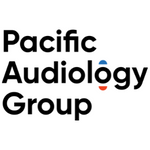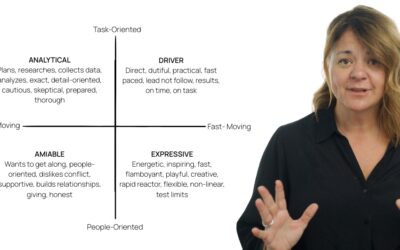When I started my career at a hearing aid manufacturer in the early 90’s, we used to get calls from clinics asking us to find someone to “take over” their clients or files so that they could retire. How much did they want? Nothing! They just wanted to ensure that someone would continue to service their clients’ needs and that they would not be abandoned. I recently came across an article about selling your hearing clinic from the early 2000’s where the author stated, “typically you are not going to be overwhelmed with solicitations from potential buyers”. Fast forward to today where I spend time chatting with clinic owners who are asking for help in starting a bidding war.
Sell Now!
There has never been a better time to sell your practice (at least in Canada!). Whether you have been open for two years or 20+ years, there will be someone interested. The number of different potential buyers has grown in your favour. In the past, most owners sold to their partner, an employee, or one of their kids took over. Now you can sell to your favourite (or least favourite?) hearing aid manufacturer, a regional chain, a global chain, a local competitor, your staff, and even new entrants to the Canadian market. Almost all Canadian manufacturers are willing to finance your employees, your competitors, or your kids to buy you out. The truth is that they would rather keep the business running through their wholesale division vs. losing your business to even their own retail division.
Get Prepared
If you are thinking about selling, get prepared and get your house in order. Buyers love it when you have the information that they are most interested in ready to go and up to date. Typically, they will ask for three years of financial statements (i.e., Profit & Loss and Balance Sheet), lease details, employee details, total units / mix of units / % of third party vs. private sales, and any relevant loan or supplier agreements. This information is typically enough for them to decide on having meaningful conversations that might turn into an offer.
Some Dos and Don’ts Along the Way
DO sign a Non-Disclosure and Confidentiality Agreement with any interested parties.
DON’T give away the farm on your first meeting with your favourite manufacturer’s representative. They don’t make decisions on buying your clinic.
DO engage with multiple parties to see what is out there and who is interested. The more the merrier in the end.
DON’T sign agreements that restrict your ability to talk to multiple parties. There may come a time during the process when a “lock up” period is required to get to a deal… but it is not after the first discussion. Avoid these!
DO be totally honest about your situation. If you signed a supplier agreement that restricts your ability to sell… be honest, but don’t let that stop you. Although it may limit the number of parties interested, it always makes sense to have more parties at the table and creative buyers can often find ways around these commitments.
DO ask for a reference or two, especially if you are leaving employees behind who you want to be taken care of and to be happy with their new employer.
DON’T get too caught up in valuation formulas, although it is okay to have a ballpark price in mind.
DON’T ask your favourite manufacturer’s rep to help you sell your business. They are in the business of selling hearing aids. They are not there to give you objective advice on how to exit at the maximum price and conflicts of interest abound! Your rep is typically part of a company that has a retail arm that is your competitor, and that information is power.
Find Someone Objective to Look Out for You During the Process
I recently came across a profitable clinic that sold for far less than what it was worth. The seller did not consider all the parties that might have been interested because they trusted their supplier to give them objective advice. The business was funnelled to another friendly customer of the supplier and the supplier financed the deal. Who looked out for the seller in this situation? The rep you are talking to about selling your business is not aligned with your interests. You are hoping to get the most for your business and they are interested in keeping the hearing aid sales from your business from going to another supplier or even to the retail division of their employer. Objective advice can come from your accountant, your lawyer, or someone who has gone through the process before. Find someone to help guide you through the process or to be a sounding board when things you are being told don’t quite sound right. Although it can be stressful selling something you spent your life building, try to have some fun with it! Thanks for reading – and a reminder that this information was offered as general education and should not be considered as financial advice.
If you found this blog helpful, please share it on social media!





